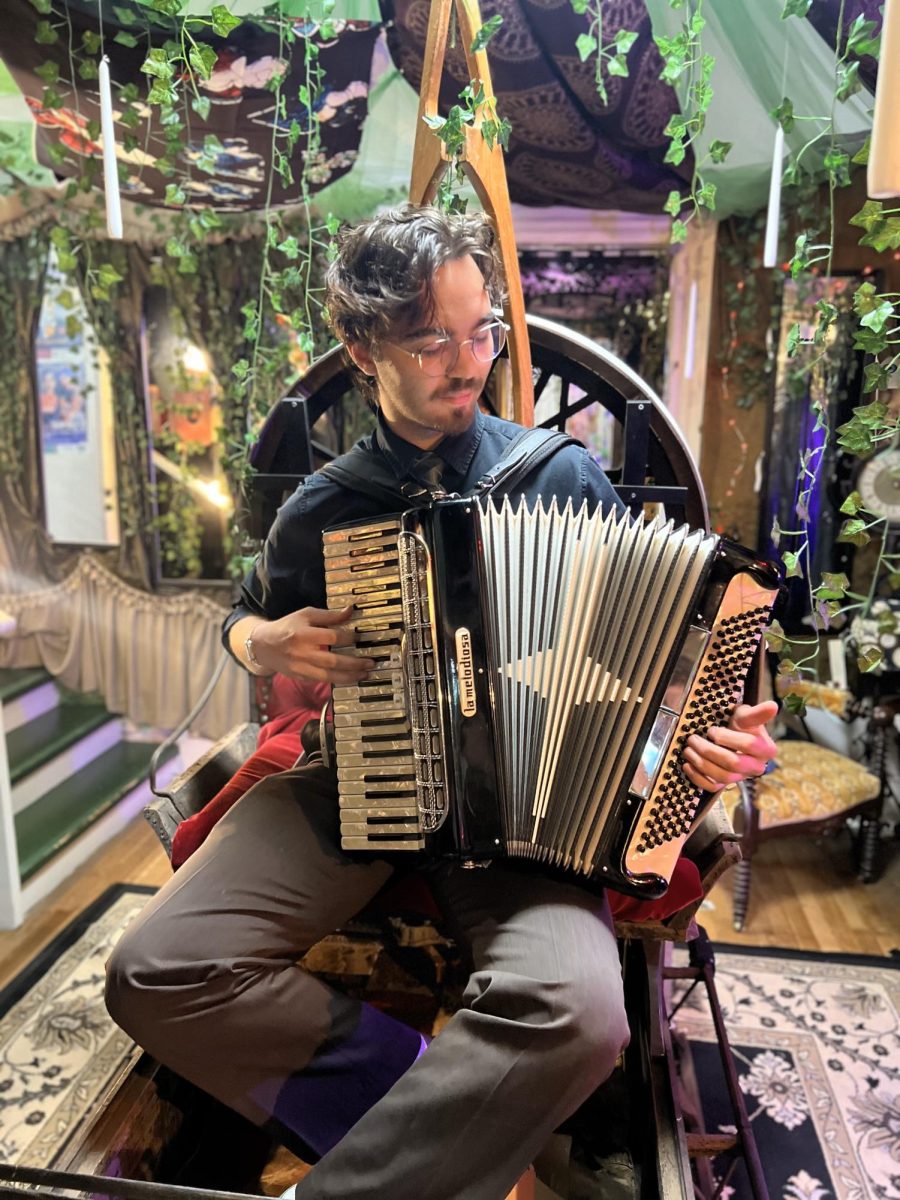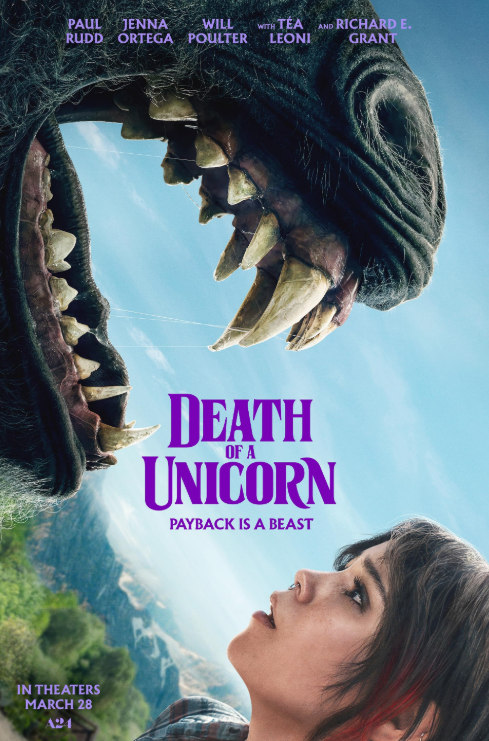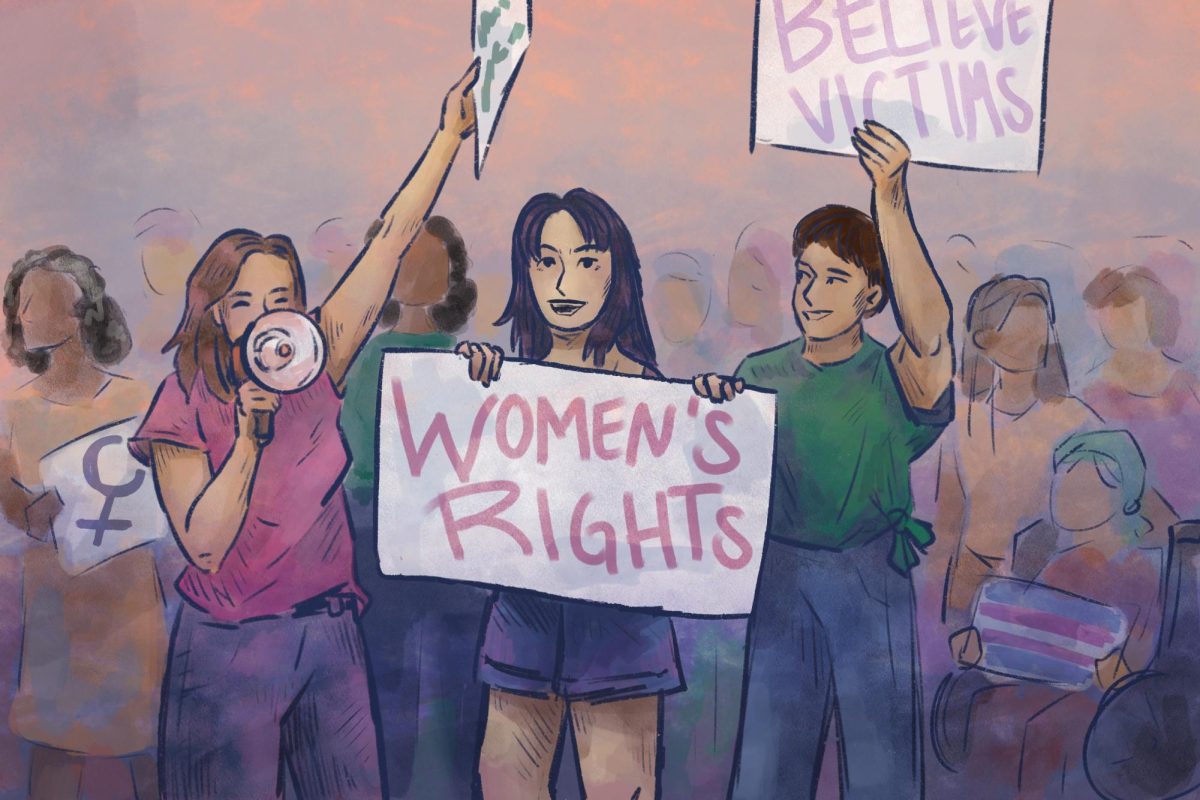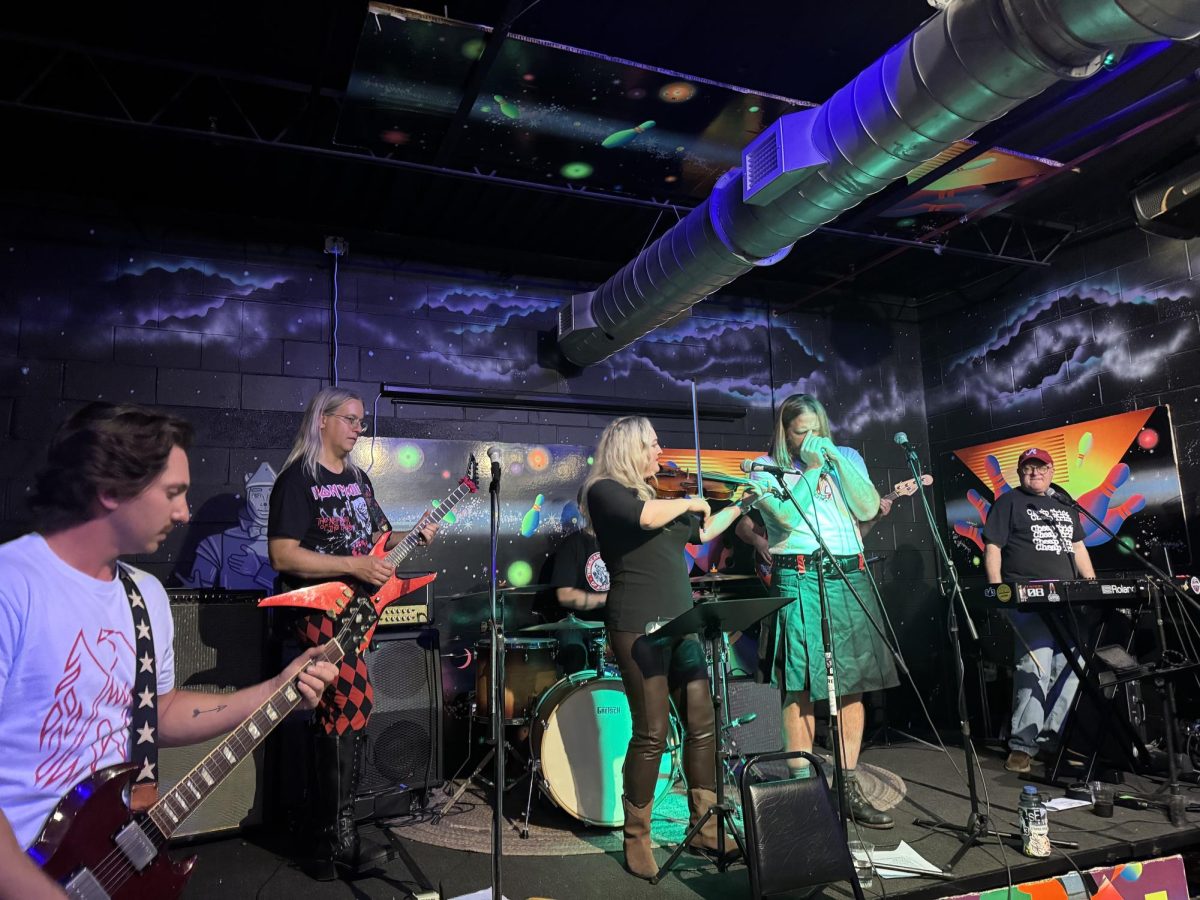I don’t have a Netflix account… Blasphemy! I watch all the shows I miss during the week on Friday; it’s my Hulu day. Only now, because of Hulu Plus and my low college funds, the episodes I do want to watch have been blocked off. So while all of you have been Netflixing away your days, I’ve been staring at the Hulu Plus screen wondering if the one-month free trial is really worth it. That was, until two days ago.
Walking into my roommate’s room, I saw she was watching the show “Orange is the New Black,” a Netflix original series. She was only on the first episode, so I thought I would watch it with her. Six episodes later, as well as a couple of tacos to hold us over so we could continue binge watching, I was hooked.
There’s a women’s prison in my small hometown in New Hampshire that you have to drive past in order to get anywhere that isn’t a forest or a rinky-dink town store. As a kid staring out the window as we drove by, the women always looked like they were having so much fun. They had a big field to play kickball or softball, a basketball court and a little track if you wanted to run. In the summer, all the women would be out there, and on the days they weren’t, I couldn’t help but ask my mother why. The sun was shining, so why weren’t they out playing games?
When you’re a kid, it’s easy to see the good in places that were put there for the bad. I always thought if I had to go to a women’s prison, maybe that one wouldn’t be so terrible; at least they had a basketball hoop, which was more than I had at home. As I got older, the prison looked less cheerful; the women came out to the field less and less, and I soon realized this was not a place of freedom, but a cage.
“Orange is the New Black” follows Piper Chapman (Taylor Schilling) as she goes to the Litchfield Correctional Facility in New York for transporting drug money 10 years prior with her ex-drug dealer girlfriend, Alex Vause (Laura Prepon). Chapman is engaged to Larry Bloom (Jason Biggs) and has to deal with the loss of the life she once knew and adjust to her new, more rugged life behind bars.
The perfectly Botoxed faces of the real housewives or beautiful model-actresses seen in almost every drama and comedy do not make an appearance on this show. One thing prison does not lack is diversity, which is what these women bring to the screen. All the women in the Litchfield prison have different body types, racial backgrounds, personalities and criminal history. Now, if you’re wondering if the show dives into the stereotype that every woman is a lesbian in prison, it does. However, not in the way you would expect.
Jenji Kohan, the show’s creator, takes the words from Piper Kerman’s memoir, on which the show is based, and intertwines the characters in the present with their flashbacks in the past beautifully. The women’s relationships are not based upon rape, but instead companionship in times of need. Although, if you are not a fan of nudity and woman-on-woman action, I would not recommend this show to you, because it is graphic and spares no one from seeing the reality of prison and what it must have been like for Kerman.
“Orange is the New Black” goes behind the barbed wire fence and shows how one woman living a relatively normal life with her fiancé and friends deals with the politics of prison and the immobilizing fear that she has become more herself there than in her everyday life. It now conjures up thoughts of my own life and how I, myself, would survive in prison.
When I drive past that prison on my way home this fall, the orange leaves covering the field will look different. The orange will only remind me of Piper Chapman and make me wonder if my idea of prison seemed like fun was really such a wild idea after all.








